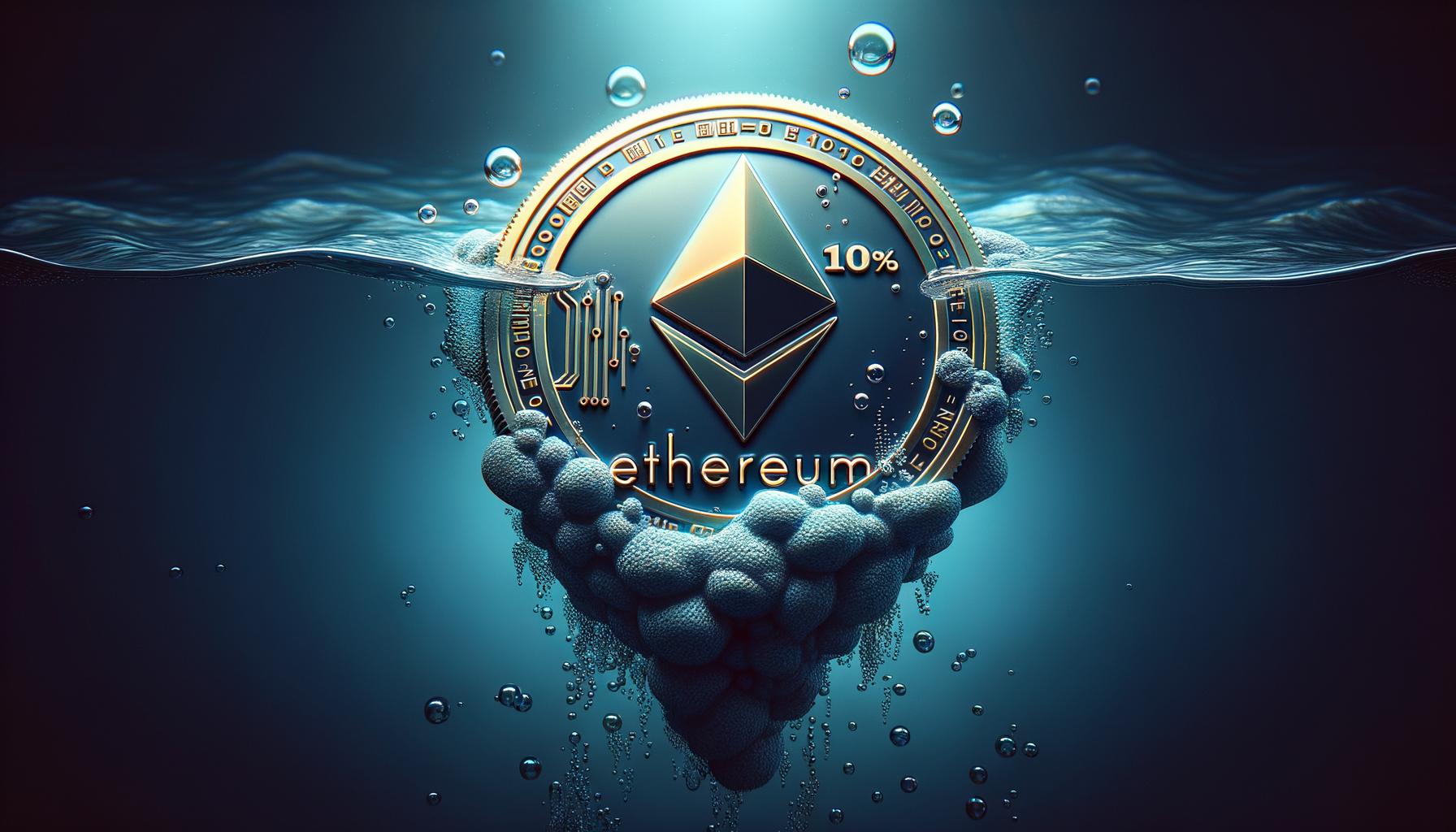ARTICLE AD
The nation aims to develop a wholesale payment system for institutional clients.
The Philippines plans to issue a central bank digital currency (CBDC) in the next two years; however, the country chooses alternative paths over blockchain for its strategy, Eli Remolona, the Governor of the Bangko Sentral ng Pilipinas (BSP), told local publication Inquirer.net.
Explaining the decision to rule out the technology, Remolona said that “other central banks have tried blockchain but it didn’t go well.” He added that Philippine regulators will implement the Philippine Payment and Settlement System (PhilPaSS), a proprietary system managed by the BSP.
Rather than opting for a retail version of CBDC, the BSP opts for a wholesale CBDC tailored to the local market with a focus on banking institutions, according to Remolona. The wholesale CBDC aims to refine the efficiency, safety, and integrity of both local and international payments. This system is expected to offer banks an alternative to depositing funds with the BSP, facilitating real-time interbank transactions and settlements.
While a retail CBDC has several advantages, such as offering the public a safe alternative to bank deposits and serving as a backup for electronic payments, the BSP has decided against it. Concerns over potential negative impacts, including increased risk of bank runs during financial crises and an expanded central bank role in the economy, have led to a focus solely on the wholesale model.
According to data from the Atlantic Council, 130 countries are currently engaged in CBDC research, with 11 countries, territories, or currency unions having launched CBDCs. Some countries at the forefront of CBDC development include China, Brazil, Australia, India, and the United States.
The International Monetary Fund has been actively involved in providing guidance and support to countries exploring CBDCs, including the launch of a virtual CBDC Handbook last year.
The information on or accessed through this website is obtained from independent sources we believe to be accurate and reliable, but Decentral Media, Inc. makes no representation or warranty as to the timeliness, completeness, or accuracy of any information on or accessed through this website. Decentral Media, Inc. is not an investment advisor. We do not give personalized investment advice or other financial advice. The information on this website is subject to change without notice. Some or all of the information on this website may become outdated, or it may be or become incomplete or inaccurate. We may, but are not obligated to, update any outdated, incomplete, or inaccurate information.
You should never make an investment decision on an ICO, IEO, or other investment based on the information on this website, and you should never interpret or otherwise rely on any of the information on this website as investment advice. We strongly recommend that you consult a licensed investment advisor or other qualified financial professional if you are seeking investment advice on an ICO, IEO, or other investment. We do not accept compensation in any form for analyzing or reporting on any ICO, IEO, cryptocurrency, currency, tokenized sales, securities, or commodities.

 1 year ago
67
1 year ago
67 

